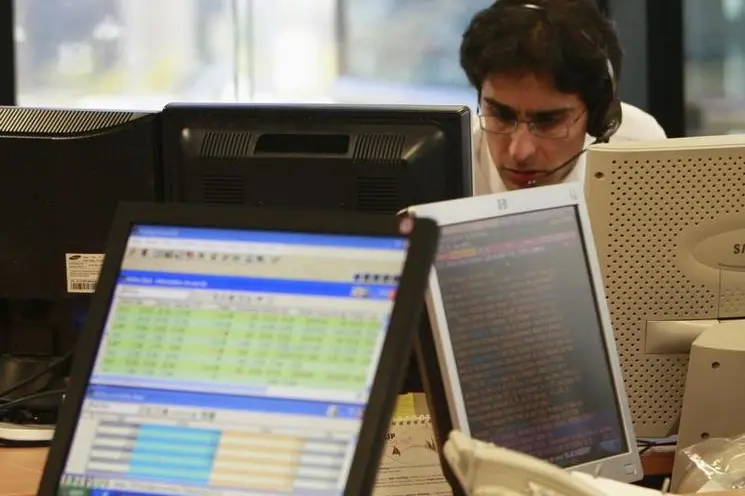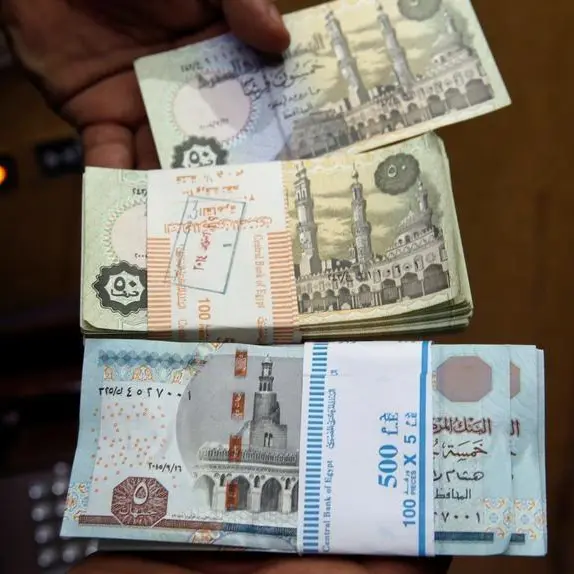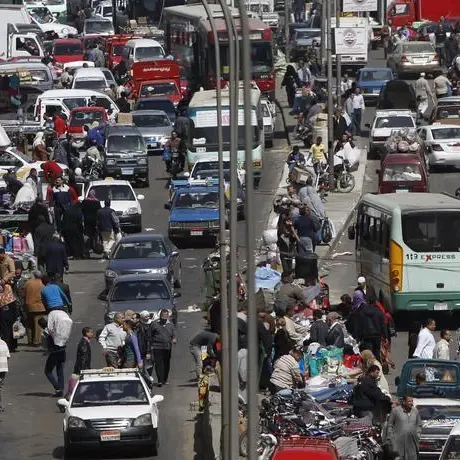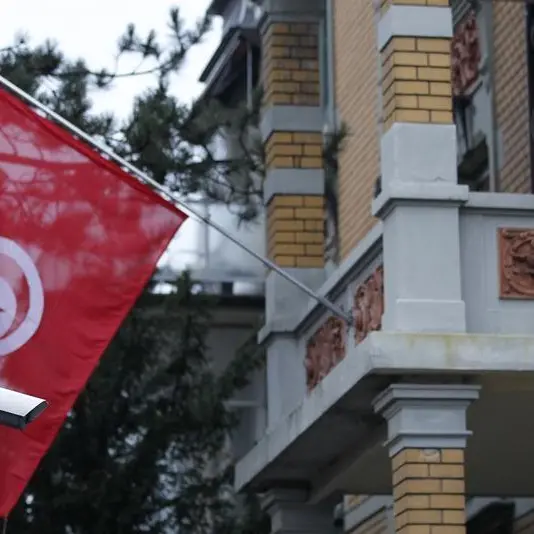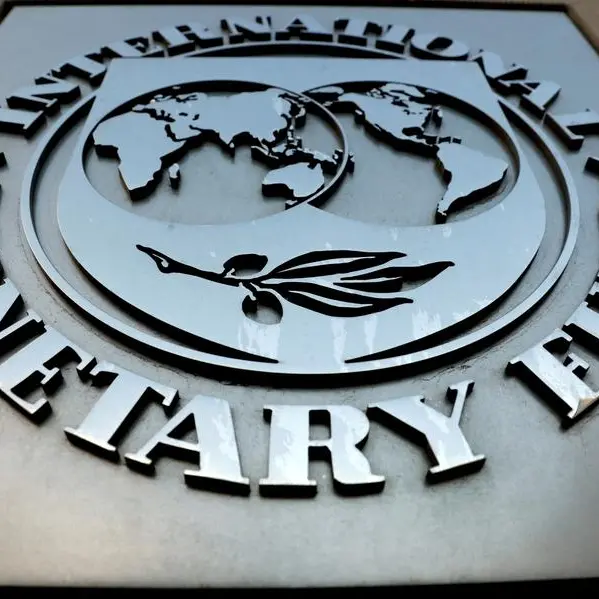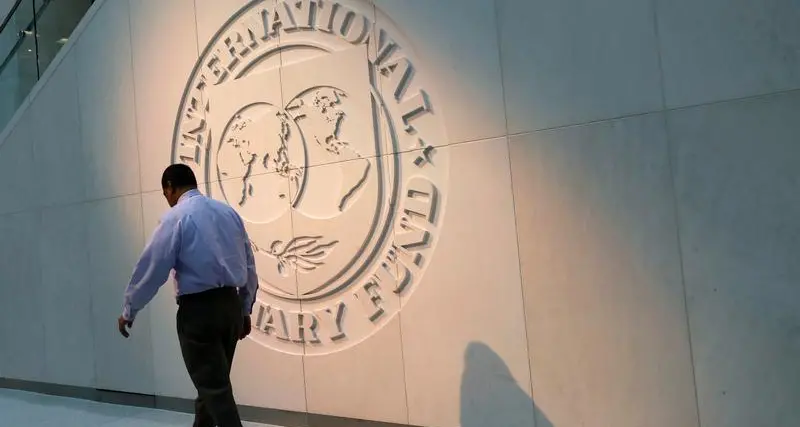PHOTO
BEIRUT: London based Economist Intelligence Unit revised its GDP growth forecast of Lebanon to 2.4 percent in 2020.
After a forecast 3.3 percent increase in 2019, the pace of real GDP expansion will slacken to 2.4 percent in 2020, as growth in Syria eases and global demand growth weakens. Economic growth will then pick up to an average of 3.4 percent in 2021-22, helped by the gradual development of Lebanons hydrocarbons sector and higher inflows of aid money, which will allow for increased expenditure on infrastructure, EIU said in its latest report.
However, the report expressed fear that domestic and regional instability, coupled with Gulf Arab concerns over Lebanons ties with Iran, will ensure that aid streams remain volatile.
It added that in 2023 economic performance will be dampened by renewed political uncertainty as the prospect of fresh elections clouds consumer sentiment, causing growth to moderate to 2.9 percent.
Investor sentiment and private consumption growth over the forecast period will be held back by underlying political instability, although the recent formation of a new government will provide a small fillip to business and consumer confidence, EIU explained.
It added that the Syrian regimes territorial consolidation and the start of reconstruction efforts will also boost Lebanese economic growth, especially in 2019, on the back of higher exports (as some trade routes are reopened) and as Gulf investors in particular use Lebanon as a base for their Syrian interests.
However, the positive impact of this on the economy will be limited by continued localized conflict in Syria and competition from Jordan, it added. EIU did not expect any change in the exchange rate of the Lebanese pound against the U.S dollar.
The Lebanese pound will remain pegged to the dollar within a band of LL1,501-LL1,514:$1 throughout the forecast period. Concern over the sustainability of the countrys debt burden has led to recent speculation over the durability of the currency peg. Nevertheless, the formation of a new Cabinet will help reduce political uncertainty and we expect the peg to hold, EIU said.
It stressed that the Central Bank will continue to maintain the same monetary policy in the future.
BDLs commitment to defending the current exchange-rate regime is also aided by both strong support from local banks, as well as a high [albeit recently declining] level of international reserves. Reserves [including gold] eased to $52.3 billion at end-2018, a 10 percent fall from a peak of $58.2 billion in May, the report said.
It argued that BDLs reserves were still sufficient to provide cover for more than 19 months of imports, however.
With the peg forecast to remain intact, the Lebanese pound will depreciate on average against the euro in 2019-23, reflecting an expected weakening of the dollar against the euro, EIU added.
The report underlined the need to stay fully committed to the reduction of the fiscal deficit over the next five years based on the governments pledge to the donor countries during CEDRE conference in Paris.
The new government has outlined a program that seeks to improve fiscal management and to attract foreign financial support, and includes a commitment to a five-year financial correction equivalent to 1 percent of GDP annually in the 2019-23 budgets. The massive transfers (which can account for up to 15 percent of expenditure depending on global oil prices) to the loss-making Electricite du Liban are the first target, the report said.
But EIU expressed concern that the disagreements among the Cabinet ministers could derail the efforts to implement reforms.
Disagreements - reflecting the vested interests of different confessional groups - will continue to undermine policymaking. Some reforms will be implemented but not on a sufficient scale to overhaul existing structures that prioritize individual groups interests over efficiency or effectiveness, the report said.
Copyright 2019, The Daily Star. All rights reserved. Provided by SyndiGate Media Inc. (Syndigate.info).
